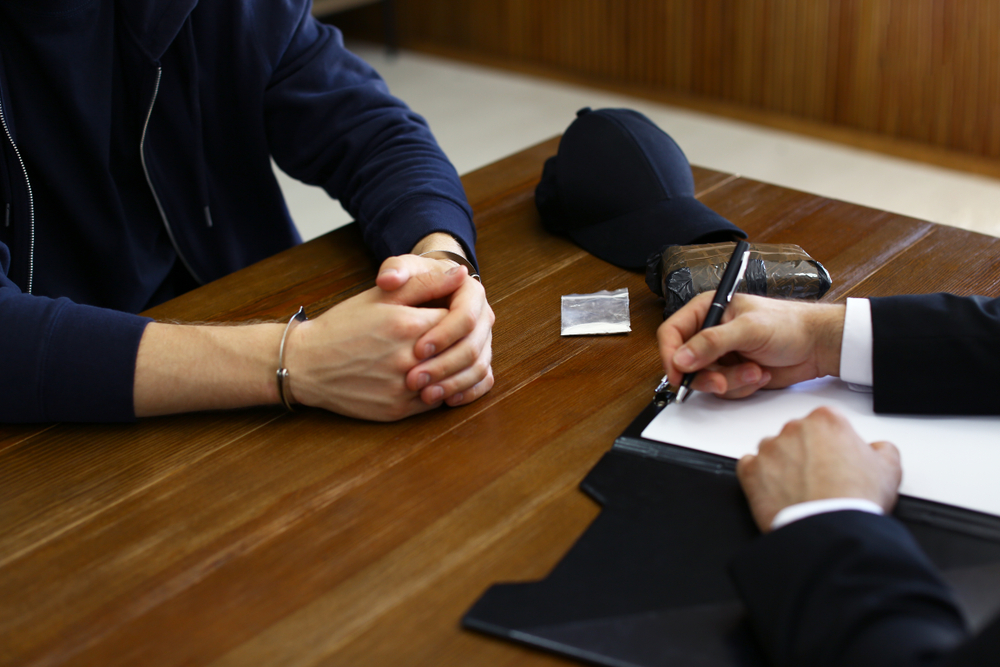
What should you do if the police want to question you
January 13, 2023If you’re arrested in England, you’ll usually be taken to a police station, held in custody in a cell, and then questioned. The outcome of this is that you may be charged with a crime or released.
What are your rights when being questioned by police?
It’s important to know your rights if you’re taken in for questioning by the police. You have the right to:
- get free legal advice
- tell someone where you are
- get medical help if you’re feeling ill
- see the Codes of Practice that the police must follow
- see a written notice telling you about your rights (for example, regular breaks for food and to use the toilet).
The police may question you about the crime you’re suspected of, and any answers you give will be recorded. You don’t have to answer the questions (more about this below), but there could be consequences if you don’t. The police will explain this to you by reading you the caution: “You do not have to say anything. But, it may harm your defence if you do not mention when questioned something which you later rely on in court. Anything you do say may be given in evidence.”
The importance of a criminal defence solicitor
If you’re taken in for questioning by police, the interview will play an important part in any future criminal case as it develops. It is therefore essential to have an expert defence solicitor with you for an interview, as this can start to shape the defence for your case if it progresses. A defence solicitor can also help to prevent you from saying anything that could harm your defence, and give you the best chance of avoiding criminal charges. It can be difficult to know what to do for the best if you are taken in for police questioning. Without a defence solicitor, it is often the case that the person under questioning may provide information which strengthens the prosecution case without meaning to. However, there can also be adverse inferences drawn at Court if the suspect stays silent in the face of questioning. A criminal defence solicitor can advise on the best course of action when it comes to responding to questioning.
What are your options when responding to police questions?
There are three ways in which a person under questioning can handle their police interview. A defence solicitor will consider each option carefully before advising their client on how to respond.
No comment interview
You can opt to make a no comment interview, which means that you remain silent in the face of questioning. The negative aspect of this approach is that any refusal to answer questions may lead to an adverse inference being drawn if the case proceeds to court. If a defence solicitor advises their client to take this approach, this decision will be based on the strength of the evidence, and their view on whether the client could possibly prejudice their own position in the event that a charge is made, and the case ultimately goes to Court.
Preparing a statement
A defence solicitor may suggest to their client that they prepare a statement as a way of dealing with police questioning, and thereafter the answer to any further questions would be “no comment”. The statement helps to avoid any adverse inference that can be drawn from silence should the case proceed to Court. However, the downside of the prepared statement is that it is unlikely to deal with every potential question that could be asked, and is therefore not an entirely foolproof way of negating all adverse inferences at Court.
A defence solicitor may also suggest a prepared statement to protect a client who has concerns about their ability to express themselves well during a police interview, or may not fully understand the questions which are being put to them.
Answering the questions
The most obvious response when questioned by police is to answer the questions. One positive of this approach is that a tribunal will often look favourably upon it, as it implies that the defendant is being fully co-operative with the police and has no reason therefore to avoid answering questions.
What happens after the police interview?
At this stage, there can be a number of outcomes from the interview:
– it may result in no further action being taken against the respondent
– the matter could be disposed of by way of a caution being administered, which means the matter does not proceed to Court. -released either for further enquiries to continue or released without charge
– the case proceeds to court.
A ‘caution’ is just one of the disposals available to the police. An experienced criminal defence solicitor will be fully aware of the other options available to police at this stage, and will seek to achieve the best possible outcome on behalf of their client.
In the event that the respondent is charged, having a defence solicitor on board for the interview stage will have significantly increased their chances of forming a strong defence should the case subsequently proceed to Court. Following the interview, the defence solicitor will consider carefully all the relevant evidence, together with the client’s responses, and can start to shape the defence for the case.
The bottom line
For anyone facing police questioning, it is essential to consider being properly represented by an experienced defence solicitor. If a defence solicitor is engaged by a client before the questioning takes place, the solicitor can advise their client on the best route to take in terms of their response. The solicitor can also start to shape the defence for their client’s case should it progress to Court.
